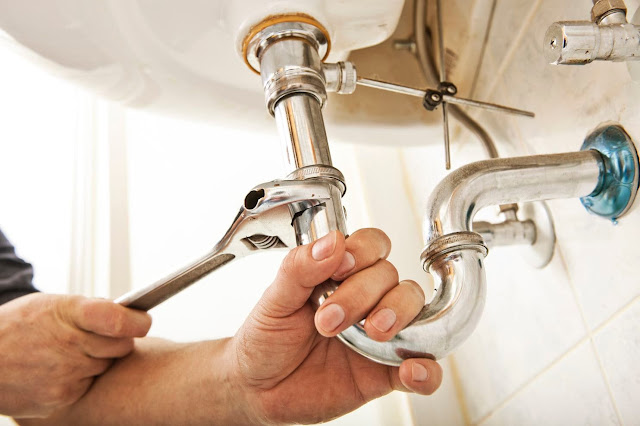The Different Types of Water Damage and How to Repair Them
Water damage can be a costly and devastating problem in any home or office. It can come from a variety of sources, including plumbing services in Los Angeles, roof leaks, and storm damage. Water can cause extensive damage to floors, walls, furniture, and other belongings. It can lead to health problems from mold and mildew. Fortunately, most types of water damage can be repaired if you act quickly.
It is important to understand and repair water damage, so you can get your home or property back to its original condition as quickly as possible. We'll take a look at four of the most common types of water damage: rainwater, and groundwater.
1. Damage from clean water
Damage from clean water is often underestimated. While most people know that contaminated water can cause serious health problems, many do not realize that even clean water can be dangerous.
There are several ways in which clean water can cause damage. One is through chemical contamination. This can happen when water contains harmful chemicals, such as lead or mercury. These chemicals can enter the body through the skin or by being ingested.
Another way clean water can cause damage is by causing physical injuries. This can happen if the water is too cold or too hot. It can also happen if the water is moving too quickly, such as in a river or ocean wave.
2. Damage from gray water
Gray water is the term given to household wastewater that does not contain feces or urine. It includes water from baths, showers, hand basins, washing machines, and dishwashers.
If gray water is not treated before being reused, it can pose a significant health risk. Untreated gray water may contain harmful bacteria and viruses that can cause gastroenteritis, cholera, and other diseases.
using commercially available greywater treatment systems;
filtering the water through sand or other media;
adding chlorine or other disinfectants;
allowing the water to settle and then decanting the clearer water from the top.
If you are considering using gray water, it is important to check with your local authorities to see if there are any restrictions in place. In some areas, the use of greywater for irrigation is banned during periods of drought.
3. Damage from black water
Black water is water that has been contaminated by sewage or other harmful substances. It can contain bacteria, viruses, and other dangerous microorganisms that can cause illness or even death.
When floodwater contains black water, it is considered highly contaminated and poses a serious health risk. Black water can also contain hazardous chemicals that can be harmful if ingested or inhaled.
When black water enters a home, it can cause extensive damage. Contaminated water can soak into walls, floors, and furniture, contaminating them with dangerous bacteria and other microorganisms. Additionally, contaminated water can corrode metal surfaces and damage electronics.
Conclusion paragraph:
Water damage can be a costly and devastating problem in both residential and commercial properties. The three types of water damage we’ve outlined can help you determine the source of your leak and the necessary repairs. If you are experiencing water damage, please do not hesitate to contact EZ PLUMBING USA for more information or for assistance with repairing the damages. We have extensive experience in all areas of water damage restoration and would be happy to help you get your property back to its pre-loss condition.
Author Bio:- Josephine Floyd
Josephine Floyd is a marketing head at EZ PLUMBING USA. He is an experienced marketing leader with over 12 years of experience in the plumbing industry. With extensive knowledge of severe water damage, mold damage, and fire damage, as well as general plumbing services, he writes articles about water and flood damage repair and restoration along with heating installation, maintenance, and repair to make readers aware of the potential risk and quick actions they can take to reduce damage. Keep reading his latest articles to have an understanding of whether your plumbing system is intact or not; if not, what you should do to fix it.



Comments
Post a Comment